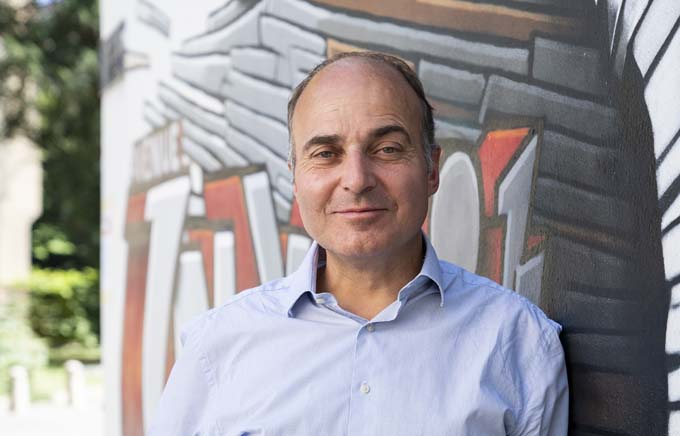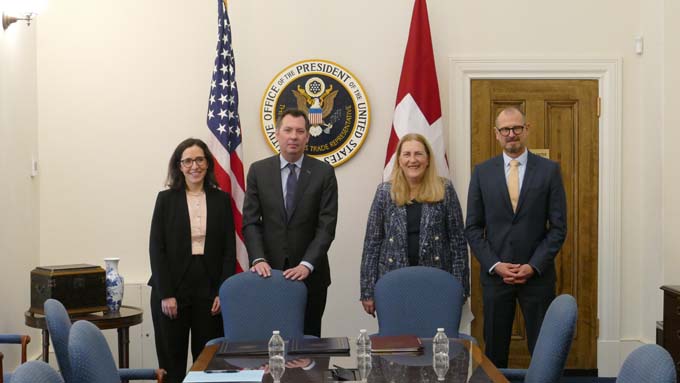IAA and Brand Finance launch Sustainability Index
In a first-of-its-kind study, Brand Finance and the International Advertising Association IAA reveal the financial value of sustainability as perceived by customers of the world's biggest brands. As part of the analysis, Brand Finance assessed how sustainable each brand is perceived to be and assigned a "Sustainability Perceptions Score" - after deducting the impact of sales [...]
 In a first-ever Study Brand Finance and the International Advertising Association IAA reveal the financial value of sustainability as perceived by consumers of the world's biggest brands. As part of the analysis, Brand Finance assessed how sustainable each brand is perceived to be and assigned a "Sustainability Perceptions Score" - after subtracting the impact of sales - to see which brands consumers believe are most committed to sustainability.
In a first-ever Study Brand Finance and the International Advertising Association IAA reveal the financial value of sustainability as perceived by consumers of the world's biggest brands. As part of the analysis, Brand Finance assessed how sustainable each brand is perceived to be and assigned a "Sustainability Perceptions Score" - after subtracting the impact of sales - to see which brands consumers believe are most committed to sustainability.
The Brand Finance Sustainability Perceptions Index was released as part of the WEF in Davos and reveals that major global brands such as Amazon, Tesla, Apple and Alphabet are each investing billions of dollars in careful reputation management around their sustainability commitments. For example, the report shows that Amazon has the largest commitment, with a sustainability perception value of $19.9 billion. Other brands at the top of the ranking include Tesla with $17.8 billion, Apple with $14.65 billion and Google with $14.6 billion.
The report also shows that consumers have a relatively high level of trust in brands' sustainability communications, with 62 percent relying on brands' claims about sustainability. However, 79 percent of consumers also said they reduced their use of a brand after finding out it was not acting sustainably. This underscores the need for brands to communicate clearly, authentically and accurately, especially in this area.
Tesla, Ikea and Patagonia performed well in a variety of markets. Lush and The Body Shop performed very well in the UK. In France, Yves Rocher and tire brand Michelin stood out, while Brazilian cosmetics giant Natura performed well in its home market.
"For the first time, companies can now recognize the financial value associated with a reputation for being sustainable," said Robert Haigh, director of strategy and sustainability at Brand Finance. "Whether or not they are considered sustainability champions, the value of the world's largest brands, in the hundreds of millions of dollars, depends on how sustainable they are perceived to be."
Haigh is also convinced that brand value suffers if there is no clear communication about ESG issues: "Consumers trust brands' sustainability communications and clearly value their commitment." However, he said, communication must be authentic and backed up by action. "Exaggerated claims or greenwashing put a company's reputation at risk, which can result in hundreds of millions of dollars in damages," Haigh concludes.









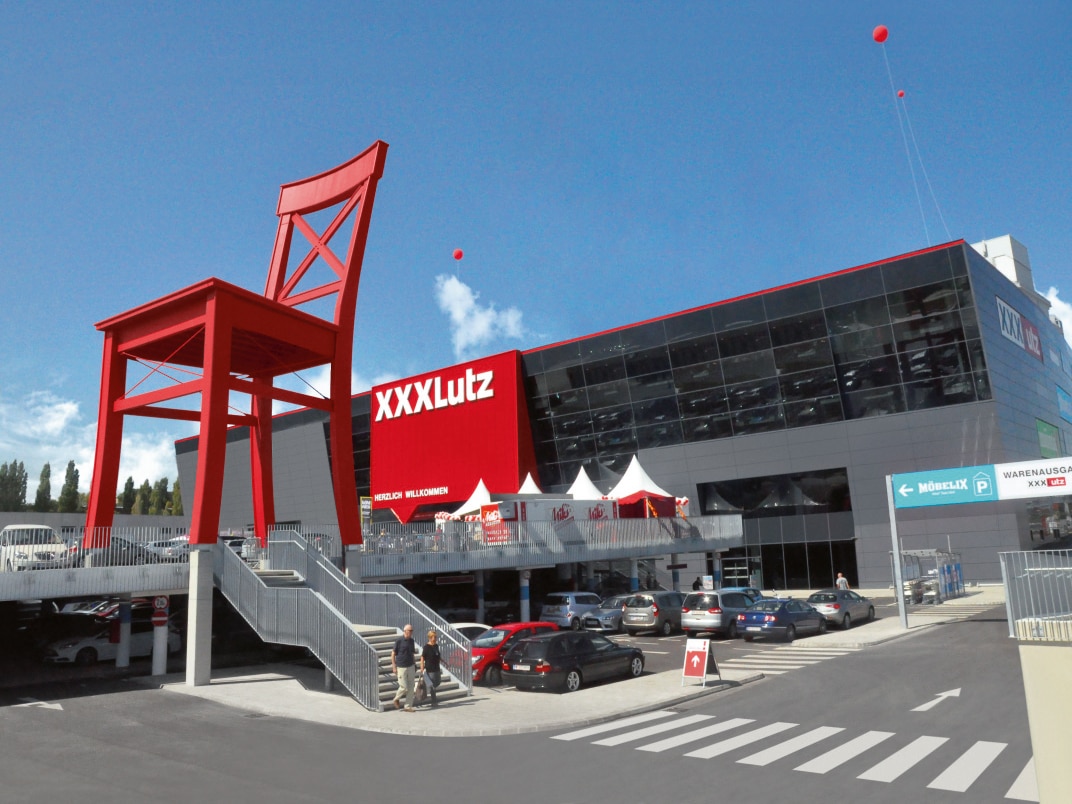
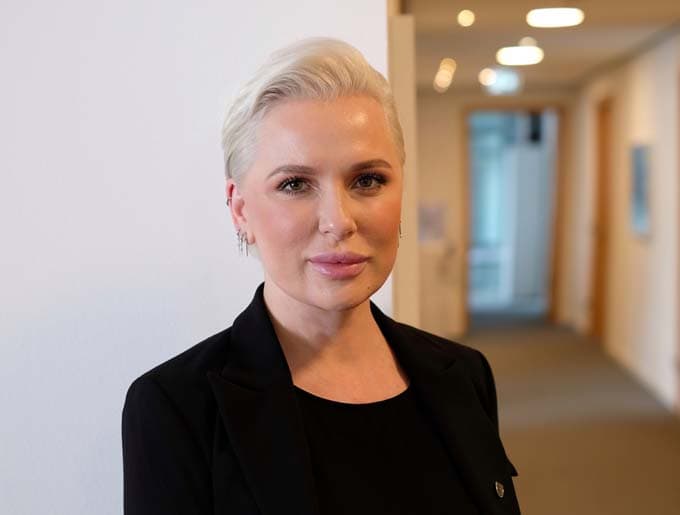
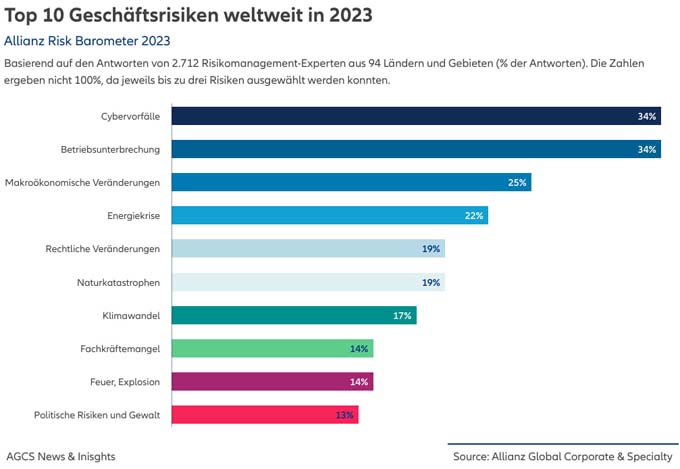
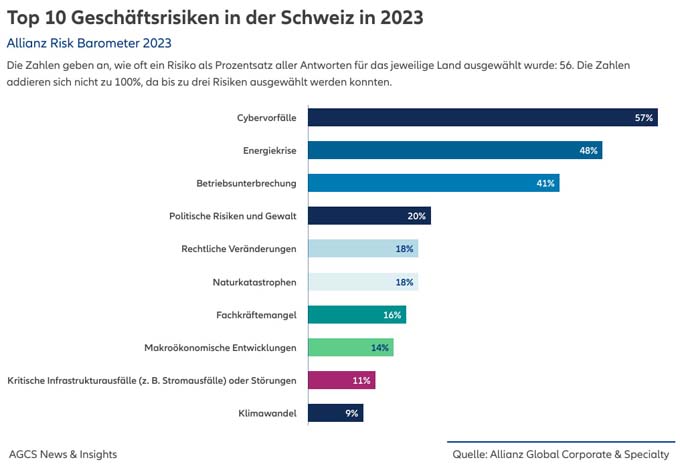

 The world's top family businesses in terms of sales increased their sales by an average of 14 percent in the last financial year - the top family businesses in Switzerland grew at the same rate, increasing by an average of 15 percent. By comparison, the Asian companies in the ranking increased their sales by 21 percent, and the North American companies by 12 percent. The USA has the most companies in the top 500 with 118, just ahead of Germany with 78 family businesses. At the same time, seven of the ten largest family-owned companies in the world are based in the United States - including retailer Walmart in first place and holding company Berkshire Hathaway in second place.
The world's top family businesses in terms of sales increased their sales by an average of 14 percent in the last financial year - the top family businesses in Switzerland grew at the same rate, increasing by an average of 15 percent. By comparison, the Asian companies in the ranking increased their sales by 21 percent, and the North American companies by 12 percent. The USA has the most companies in the top 500 with 118, just ahead of Germany with 78 family businesses. At the same time, seven of the ten largest family-owned companies in the world are based in the United States - including retailer Walmart in first place and holding company Berkshire Hathaway in second place.
